August 31, 2025 | 00:58 GMT +7
August 31, 2025 | 00:58 GMT +7
Hotline: 0913.378.918
August 31, 2025 | 00:58 GMT +7
Hotline: 0913.378.918
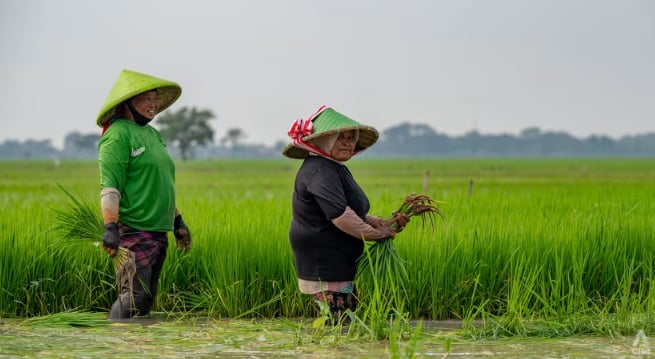
Rice farmers in Kerawang district in West Java, Indonesia. Photo: CNA/Danang Wisanggeni.
Indonesia aims to attract millennial farmers by offering modern technology and a minimum salary of 10 million rupiah (US$640) – nearly five times the average agricultural worker's wage – in its food self-sufficiency drive.
Food self-sufficiency is a key goal of new president Prabowo Subianto, who has said the country should produce enough food for its people and “cannot continue relying on imported food”.
On Wednesday (Oct 23), agriculture minister Andi Amran Sulaiman pledged to achieve the goal in three years, a year ahead of Mr Prabowo’s target.
The government will form 15 brigades of millennial farmers to manage 200 hectares of farmland, he said. The land area is the size of 374 football fields.
“Each farmer can earn a minimum of 10 million rupiah per month, with some earning up to 20 million rupiah. That is higher than a minister’s salary, compared to other jobs offering only 2 million rupiah,” Mr Andi said in an exclusive interview with local media company, B-Universe Media Holdings.
According to the Indonesian think tank Center of Economic and Law Studies, a minister’s salary and allowances could amount to 150 million rupiah (US$9,620) per month.
According to data from the country’s Central Statistics Agency in February this year, the average monthly wage for agricultural workers in Indonesia is around 2.1 million rupiah (US$134), below the national average of 3.04 million rupiah.
The agricultural, forestry and fisheries sectors employ around 40.72 million people, forming 28.6 per cent of the workforce.
“We can’t force the millennials and Gen Z to work in agriculture, we need to create a system where they feel comfortable,” Mr Andi said, as quoted by local media Jakarta Globe.
Mr Andi, who served as agriculture minister under former president Joko Widodo from 2014 to 2019, and again from October 2023, outlined how he would boost agricultural productivity.
Farmers would have access to fertilisers, and the government plans to double the budget for fertiliser subsidies in the near future, he said.
The government has distributed tens of thousands of water pumps to help farmers increase the number of harvests without depending on seasonal rainfall, he said. The pumps help channel water from rivers to fields, and are a strategy in densely populated regions like Java where agricultural land is limited.
Speaking to the media on Tuesday (Oct 22), Mr Andi said there are plans to develop 750,000 to 1 million hectares of new rice fields in places like Merauke in South Papua, Central Kalimantan, South Kalimantan, South Sumatra, West Kalimantan, Aceh and Jambi by next year.
The authorities will also intensify production from existing rice fields through the distribution of water pumps.
The agriculture ministry’s budget of 1.3 trillion rupiah (US$83.4 million) to achieve food self-sufficiency will be used mainly to buy seeds and develop new rice fields, said Mr Andi.
(CNA)

(VAN) Researchers have discovered that replacing 50g/kg maize with a 50:50 mix of pineapple and orange peels could offer poultry producers a sustainable feed option.
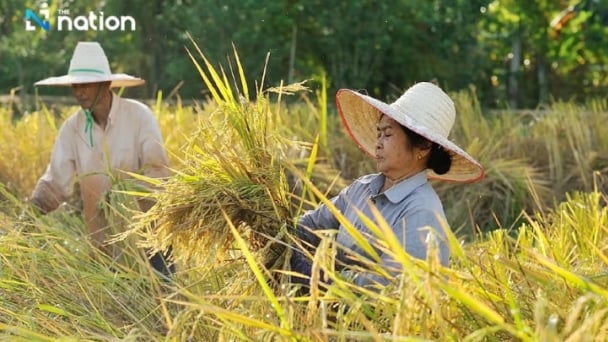
(VAN) Global rice markets are bracing for turbulence after reports that India, the world’s largest rice exporter, is preparing to release around 20 million tonnes of stockpiled rice in September.
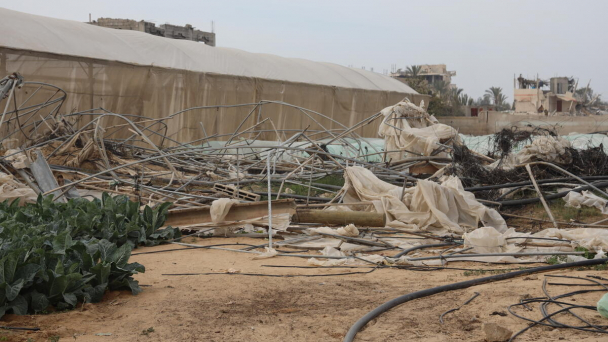
(VAN) FAO, UNICEF, WFP and WHO reiterate call for immediate ceasefire and unhindered humanitarian access to curb deaths from hunger and malnutrition.
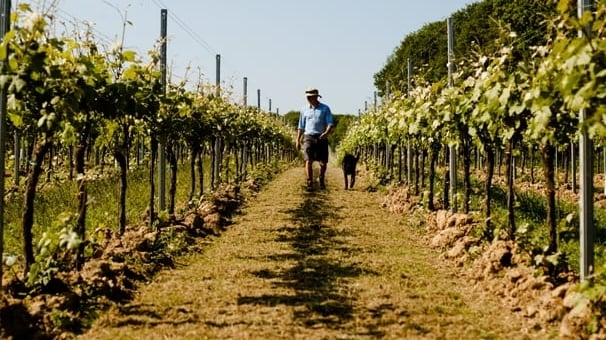
(VAN) As wildfires rage in southern Europe and crop losses only set to increase in the coming years, producers are getting creative to beat the heat.
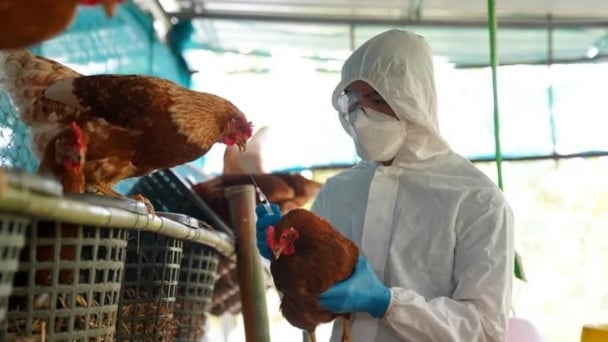
(VAN) A new outbreak of highly pathogenic avian influenza (HPAI) has been confirmed by Argentinian authorities at a layer farm in Buenos Aires, Argentina.
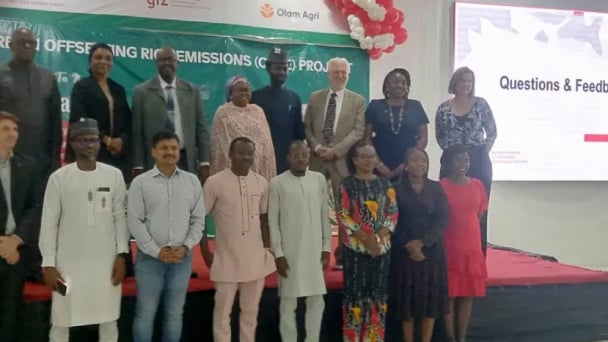
(VAN) The German Government has inaugurated the Carbon Offsetting Rice Emissions (CORE) Project to support 12,000 smallholder farmers in climate-smart rice production across Benue, Nasarawa, and Kano States.
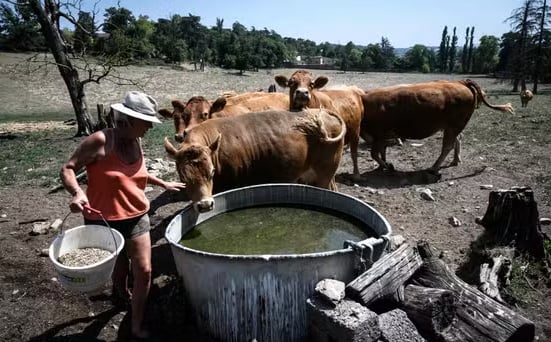
(VAN) Orchardists, winegrowers and livestock farmers fear the negative impact of the current heatwave on their production.